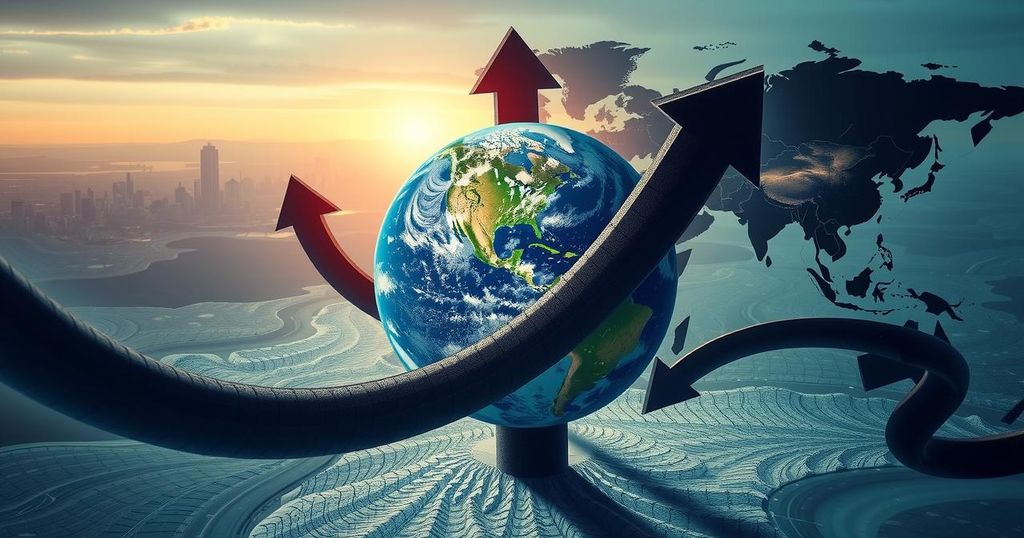Iran and Russia have formed a closer alliance, particularly during the conflict in Ukraine, where Iran has supplied military assets. They are set to sign a 20-year strategic partnership agreement that seeks to enhance cooperation in multiple sectors, highlighting their intent to challenge the Western-led order. The involvement of experts underscores the potential implications of this partnership on global relations and order.
The question of whether Russia and Iran can effectively challenge the Western-led global order is gaining prominence with recent developments in their partnership. Following the onset of the conflict in Ukraine, Moscow’s ties with Tehran have deepened remarkably. Notably, Iran has been a supplier of drones and short-range missiles to the Russian military, further solidifying their collaboration. To formalize this alliance, both nations are preparing to sign a comprehensive 20-year strategic partnership agreement that aims to bolster cooperation in various fields, including defense, trade, and technology.
This emerging alliance indicates that geopolitical dynamics may be shifting in ways that could destabilize the current Western-dominated framework. The sidling up of both nations is emblematic of a changing international landscape, where longstanding global power structures face challenges from new partnerships. What factors contribute to this strengthening of relations, and what implications might it have for the future of international relations?
The topic draws significant interest from experts who provide valuable insights into the implications of this cooperation. Noteworthy voices include Professor Hassan Ahmadian from the University of Tehran, former Russian diplomat Vyacheslav Matuzov, and Dr. Marina Miron from King’s College London. Their analyses will help illuminate the potential impacts of this alliance on global order and stability, given the history and motivations driving these countries together.
In conclusion, the burgeoning relationship between Russia and Iran, underscored by their imminent strategic partnership, presents notable challenges to the prevailing Western-dominated international order. As they deepen their collaboration in defense and technology, the global implications are significant and noteworthy. Observers will be keen to monitor how these developments evolve and shape future geopolitical scenarios, particularly regarding shifts in power dynamics.
The increasing cooperation between Iran and Russia originates from a shared interest in countering Western influence and enhancing their security interests. The war in Ukraine has acted as a catalyst, fostering closer ties as both countries face sanctions and diplomatic isolation from Western nations. By signing a long-term agreement, they seek to strengthen their military and technological capabilities while establishing a firmer economic partnership that can withstand external pressures. As global dynamics change, the alliance poses a new challenge to the established order.
The impending 20-year strategic partnership between Russia and Iran serves as a testament to their evolving relationship. This alliance presents potential shifts in power dynamics within the international landscape, challenging the existing Western-led order. The cooperation in defense, trade, and technology signals a continuous effort from both nations to navigate the complexities of geopolitical relations as they pursue mutual interests and push back against Western sanctions and influence.
Original Source: www.aljazeera.com






